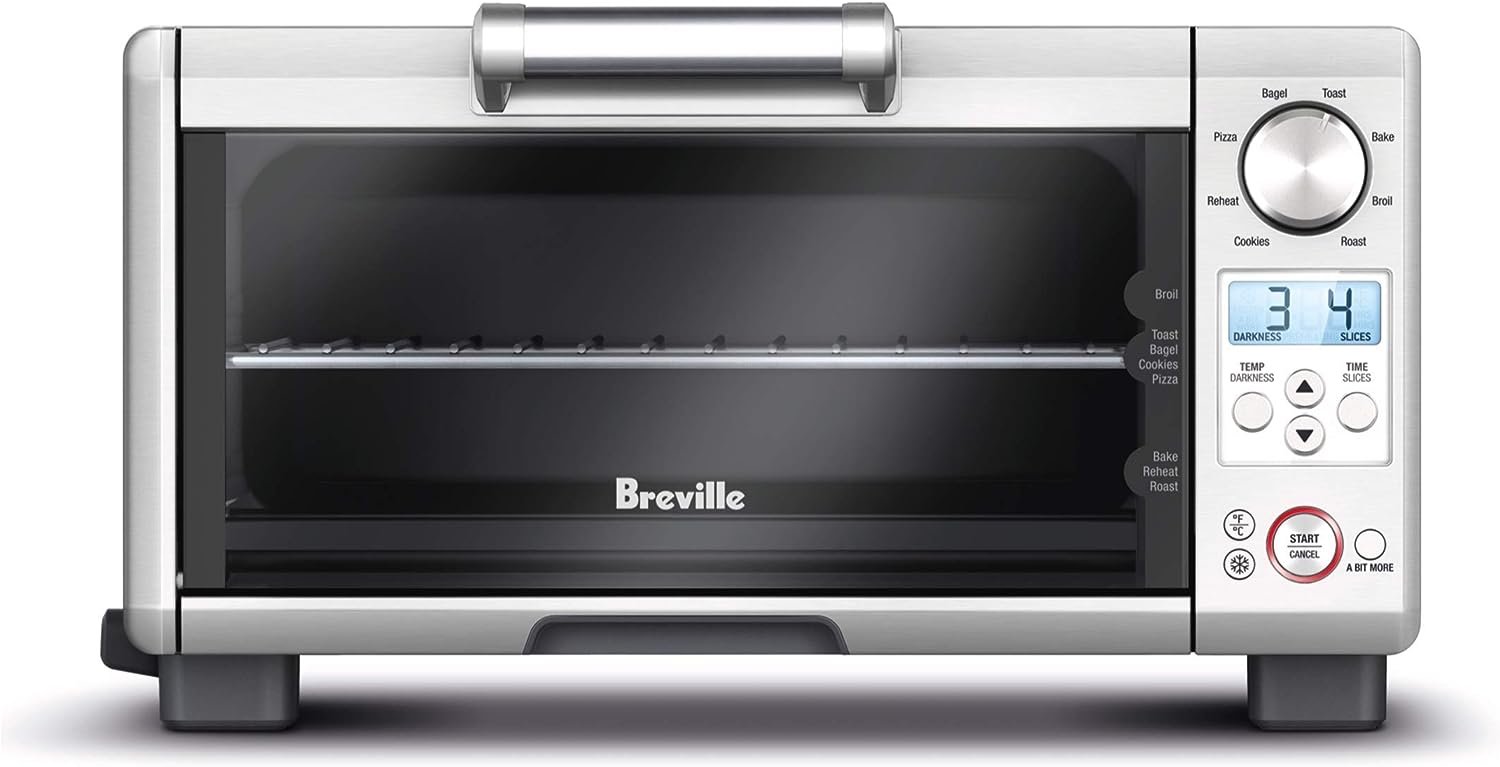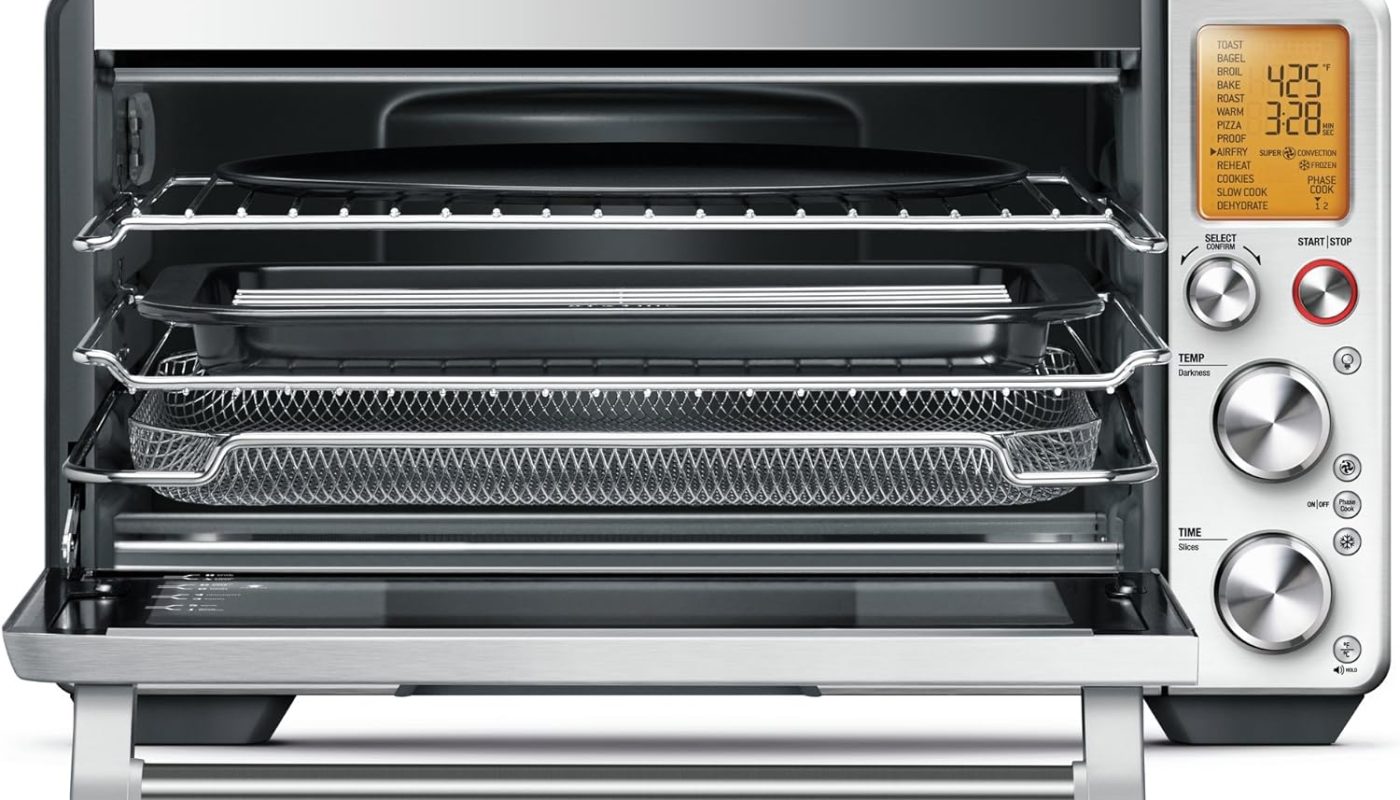Introduction:
When it comes to disposing of old or broken microwaves, it is important to handle them properly and responsibly. Microwaves contain electronic components and potentially hazardous materials that should not be thrown in the regular trash. In this article, we will explore the proper disposal methods for microwaves to ensure both environmental and personal safety. We will discuss recycling options, donation opportunities, and the potential impact of improper disposal.

Can microwaves be thrown in the trash?
Recycling Microwaves:
Recycling is the most environmentally friendly way to dispose of old microwaves. Many communities have recycling programs or designated drop-off centers for electronic waste. Here are the steps to recycle a microwave:
a. Check Local Regulations: Research local recycling regulations to determine the specific guidelines for recycling electronics and appliances. Local government websites or recycling centers can provide information on where to recycle microwaves.
b. Remove and Recycle Components: Before recycling, dismantle the microwave and separate its components for proper recycling. This typically includes the housing, electronic components, cords, and any recyclable parts.
c. Find a Recycling Facility: Locate a recycling facility that accepts electronic waste, including microwaves. These facilities have the necessary equipment to handle and process electronic components safely.
d. Drop-Off or Arrange Pickup: Depending on the recycling facility, you may need to drop off the microwave at a designated location or arrange for a pickup service. Follow the instructions provided by the recycling facility to ensure proper disposal.
Donating Microwaves:
If your microwave is still in working condition, consider donating it instead of throwing it away. Donating allows the microwave to be reused, reducing waste and benefiting someone in need. Here are some options for donating microwaves:
a. Local Charities: Contact local charitable organizations, shelters, or community centers to inquire if they accept donations of household appliances, including microwaves. These organizations often have programs to support individuals or families in need.
b. Online Platforms: Utilize online platforms and social media groups dedicated to local community exchange or donation. Post about your working microwave and connect with individuals or families who may benefit from it.
c. Freecycle or Buy Nothing Groups: Freecycle and Buy Nothing groups are online communities where people offer items they no longer need for free. These platforms provide an opportunity to give away your working microwave to someone who can use it.
Proper Disposal: If recycling or donation is not feasible, it is important to dispose of the microwave responsibly. Improper disposal can have negative consequences for the environment and human health. Here are some options for proper disposal:
a. Electronic Waste Collection Events: Check if your community hosts electronic waste collection events. These events provide an opportunity to dispose of electronic items, including microwaves, safely and responsibly.
b. Local Waste Management Facilities: Contact your local waste management facility to inquire about their procedures for disposing of electronic waste. They may have specific guidelines or drop-off locations for microwaves and other electronic devices.
c. Manufacturer or Retailer Programs: Some manufacturers or retailers have programs in place for accepting old appliances, including microwaves, for proper disposal. Contact the manufacturer or retailer where you purchased the microwave to inquire about their recycling or disposal options.
Environmental Impact of Improper Disposal:
Improperly disposing of microwaves can have harmful effects on the environment. Microwaves contain hazardous materials such as lead, mercury, and various chemicals that can leach into the soil and water if not disposed of correctly. These materials can contaminate ecosystems and pose risks to human health if they enter the food chain.
Compliance with Local Regulations:
Ensure compliance with local regulations regarding electronic waste disposal. Some areas have strict regulations and penalties for improper disposal of electronics. By following the appropriate disposal methods outlined by your local government or waste management authority, you can avoid potential legal consequences and contribute to a cleaner environment.
Conclusion:
Microwaves should not be thrown in the regular trash due to their electronic components and potentially hazardous materials. Recycling and donation are the preferred methods of disposal to reduce waste and promote sustainability. Research local recycling programs or drop-off centers for electronic waste, and follow their guidelines for proper recycling. If the microwave is still in working condition, consider donating it to local charities, shelters, or community centers. Remember to dismantle the microwave and separate its components before recycling. If recycling or donation is not possible, contact your local waste management facility to inquire about their procedures for disposing of electronic waste. By taking these responsible disposal steps, you can contribute to a cleaner environment and ensure the safe handling of electronic waste.




